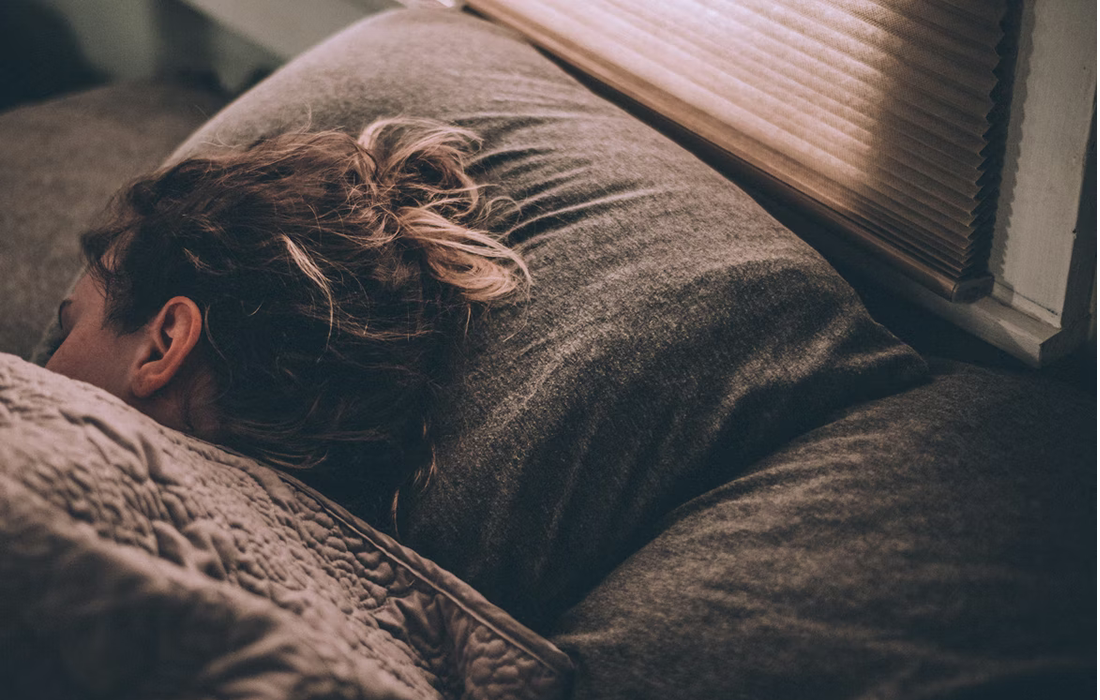Regenerative Medicine News and General Information
New Study Suggests that Sleep May be Key for Learning Information
A new study from Brown University and RIKEN Center for Brain Science has provided further evidence about the correlation between sleep and learning.
There has always been a wrong belief that staying up late at night studying is the best and most normal way of learning, but according to the study, it may not be the best way to learn. The study appears in The Journal of Neuroscience.
The evidence of the study suggests that sleep helps a person absorb what they learn while awake through a process that is especially centered on learning, meaning that the more you sleep the more time your brain has time to process all the knowledge or skills learned while awake.
For the study, participants learned a visual perceptual learning (VPL) task called a texture discrimination task (TDT). A VPL first helps the brain strengthen its ability to comprehend what are seen by the eyes.
The participants in the first group did a pre-training or TDT training, and post-training test, whith a 90-minute nap following the second test, after which a third test was conducted to evaluate how much they have learned.
The team found that the group with the intervention showed improvements in their gasp of the VPL after the 90-minute nap, with the second group showing no improvements due to the placement of an interference condition in the training.
The study results suggest that it is incredibly important to have a good night’s sleep after studying or learning a new ability and that the old concept of doing an all-nighter has no benefits in learning.
Source:
Corrie Pelc. (2022, Apr 24). Learning after sleep may be key for consolidating information. Medical News Today. Retrieved from:
https://www.medicalnewstoday.com/articles/learning-after-sleep-may-be-key-for-consolidating-information
Image from:
Photo by Lux Graves on Unsplash

